
This logo isn't an ad or affiliate link. It's an organization that shares in our mission, and empowered the authors to share their insights in Byte form.
Rumie vets Bytes for compliance with our
Standards.
The organization is responsible for the completeness and reliability of the content.
Learn more
about how Rumie works with partners.
Have you ever wondered how people learn and interact with information?
Like: “Why do schools make us learn from textbooks when you know you won’t remember anything from reading it?”
 Photo by Annie Spratt on Unsplash
Photo by Annie Spratt on UnsplashIf you answered yes, then cognitive science, also called cognitive psychology, might be a great program choice for you!
What is Cognitive Science?
explores how the human mind processes experiences and information (for example, to determine if what you’re reading is real or fake news)
investigates internal processes to map intellectual structures (for example, how our brains categorize visuals, sounds, and meanings, and connect them for language learning)
focuses more on the input of information and the process between “input” to “output” (for example, moving from watching cooking YouTube videos to knowing how to cook without them)
Psychology and behavioral science programs are broadly designed and usually cover cognitive science. They may include other disciplines like social psychology, anthropology, consumer behavior, and neuroscience.
The following video explains what this field of study encompasses:
What Will I Be Studying?
You will learn about the theory behind cognitive development and processes, and practical skills to apply the theory to other contexts and areas of interest:
Theory
the foundational principles and mechanisms of human learning, such as cognitive load (how much information your brain can process at one time)
social aspects of a learning process, such as motivation and failure
how the brain functions, including memory, perception, performance, and awareness
the critical periods of learning and learning environments
how information transfers (eg. from reading a book to storing it in your brain to writing it out on an exam)
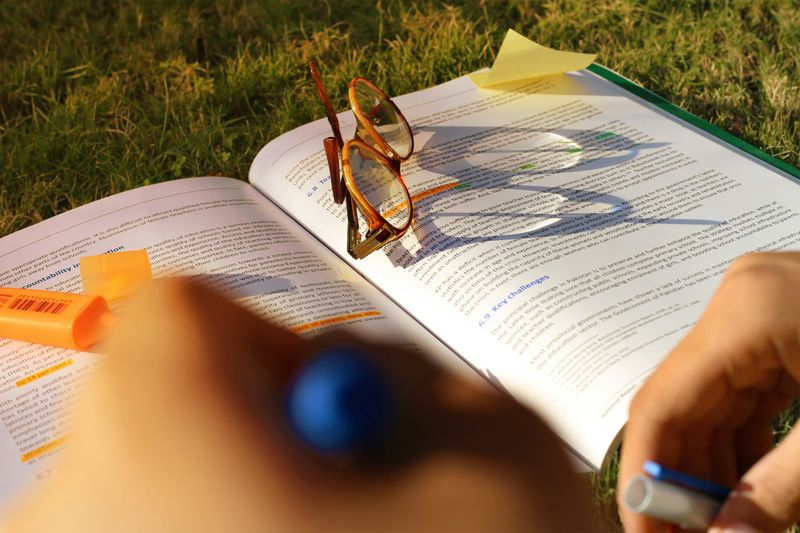 Photo by Shahbaz Ali on Unsplash
Photo by Shahbaz Ali on UnsplashPractical Skills
research methods, statistics, and data analysis
how to ask meaningful and specific questions for research studies
methods of best practice and learning strategies in different educational settings (eg. making content relatable and personal, and assessing learning throughout the process)
designing effective learning experiences for various learning groups
Why Study Cognitive Science?
I decided to study cognitive science for my Master's degree. By choosing to study cognitive science, you can:
answer questions about how to improve the learning outcomes of social-emotional learning for early childhood-aged children
learn how to investigate the relationship between children’s learning of social-emotional skills and media
investigate the roadblocks that affect different learners from understanding and applying information, whether it's children, parents, or a language learner
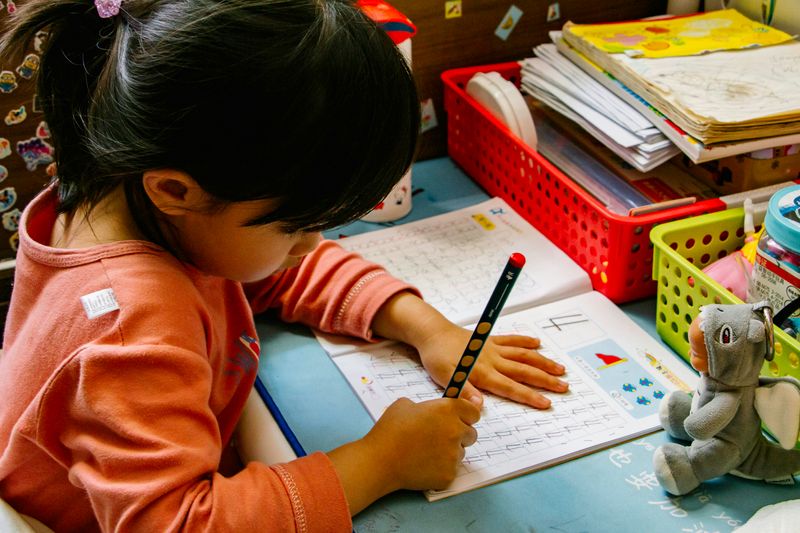 Photo by Jason Sung on Unsplash
Photo by Jason Sung on UnsplashSince I studied early childhood education during my undergraduate degree, I had the contextual background of where I wanted to apply this knowledge. Therefore, my papers and projects were related to improving learning in the early childhood classroom and their home environment.
Did you know?
Many colleges offer cognitive science as a major and a minor. It’s a good idea to combine it with another area of study.
A Day in the Life of a Cognitive Science Student
 Photo by Headway on Unsplash
Photo by Headway on Unsplash9:00-12:00 pm: Classes
Be ready to read a lot. Many reading assignments will be long chapters and academic research papers with vocabulary and styles that are difficult to skim.
Small and large-group discussions based on the readings, and practice group work.
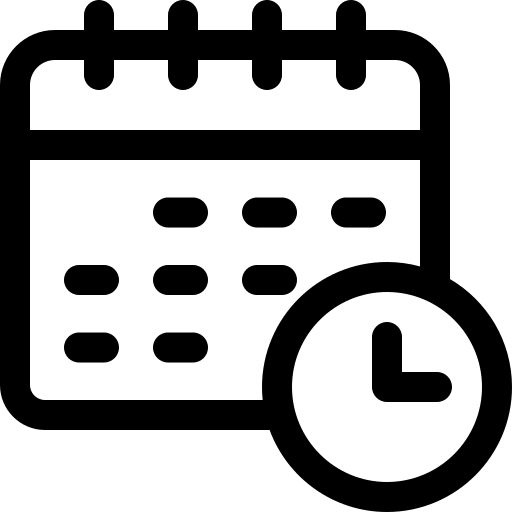
2:00-4:00 pm: Group Project Work and Meetings
Work on group projects where you get to apply the class content to a real-world problem or scenario.
Projects will include conducting simple research studies, creating your own solution curriculum maps, or writing proposals — all real-world deliverables.
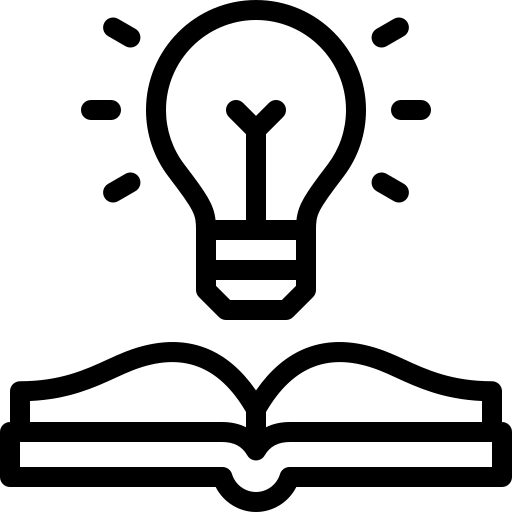
7:00pm-Bedtime: Work Work Work!
Each class’s workload varies, but expect to submit 4-5 assignments per class a semester.
My favorite projects and papers I wrote were about game characteristics that motivate players to persist through challenges, evaluating the show Sesame Street, designing a parenting workshop, and the relationship between Chinese parental involvement and their child’s academic achievement and motivation.
Quiz
You’re trying to decide what to do over the summer before you study cognitive science at college. What are the best options if you want to feel the most prepared for your program? Pick all that apply:
While it's highly beneficial to have work experience and spend time with your friends, you should spend some time introducing yourself to cognitive science. College classes cover a lot of content over a short 4 months (per semester) and it can feel overwhelming to start from 0 while managing the transition to cognitive science studies. The documentation of your process will give you insight into the mental processes you will be learning more about in class.
What I Wish I Knew
to think more about my goals and what career I was trying to pursue
to intentionally pair the theory classes with context-specific classes (such as "Cognition of Social Emotional Learning" + "Multicultural Approaches to Teaching Young Children")
how important knowing a technical skill like R or SQL or participating in a research study led by a professor could be for jobs in the user experience (UX) and product fields
 Photo by Anthony Tran on Unsplash
Photo by Anthony Tran on UnsplashQuiz
Say you want to be a user experience designer for learning apps and games. What major/minor combinations should you study? Pick all that apply:
A great combination of study would be cognitive science with media design or computer science. Cognitive science provides the theoretical background of how to create effective designs for learners, while media design or computer science gives you the tools to create these designs.
Did you know?
It’s okay if you don't know how you want to use this degree for your future. If you’re simply interested in the subject, you can still study it. However, if you do have a preference already, having a plan will help you take advantage of your time at school and its resources.
Take Action
Humans are always learning, so there will always be a need for knowledge of how people learn best — which is why I highly recommend studying cognitive science!
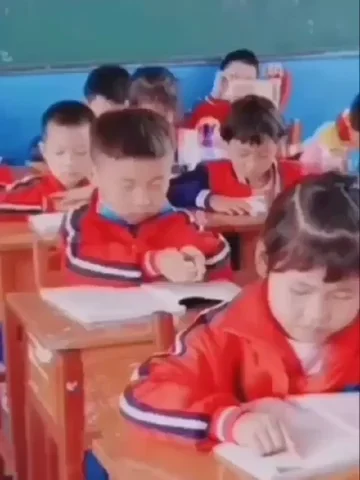
This Byte has been authored by
Alison Cheng
Teacher
MA